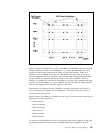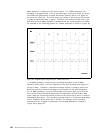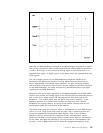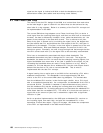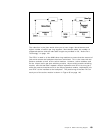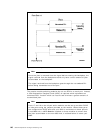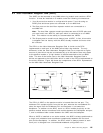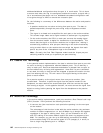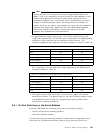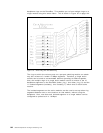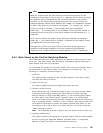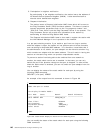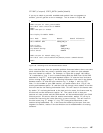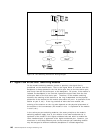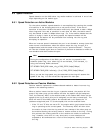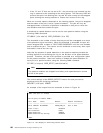
Note
Please note that it is incorrect to say that we support 250 stations at 4
Mbps. That is not necessarily true since there are some adapters on the
market that implement the minimum elastic buffer required for each
workstation adapter card. These cards, while not affected by the
rate of
change
of accumulated jitter (which has always been the limitation on
station count) are not able to accommodate the worst case total absolute
jitter that can accumulate. Apart from the initial IBM 4 Mbps adapters
which were offered by IBM about 10 years ago, there are no IBM
adapters that implement the minimum buffer.
2. It regenerates the signal on each port. This function allows you to have
longer lobe distances for UTP and STP than is permitted on the 8260 passive
modules or other hubs that do not implement similar function. The
maximum supported lobe length for the active modules is shown in Table 26.
As a comparison, the maximum lobe length supported by the 8260 passive
modules is shown in Table 27.
3. The signal received from each lobe is converted to a digital form before
entering the module. The digital signal on the active modules makes it easy
to manipulate the flow of data on a per-port basis allowing IBM to offer
active per-port switching modules.
Table 26. Lobe Distances Using 8260 Active TR Modules
Cable Type 4 Mbps Ring 16 Mbps Ring
STP 800 400
UTP Category 3 250 100
UTP Category 4 425 210
UTP Category 5 425 225
FTP 425 225
Table 27. Lobe Distances Using 8260 Passive TR Modules
Cable Type 4 Mbps Ring 16 Mbps Ring
STP 400 200
UTP Category 3 125 N/A
UTP Category 4 200 100
UTP Category 5 200 100
FTP 425 225
8.6.1 Per-Port Switching on the Active Modules
Currently, IBM offers the following active per-port switching modules:
•
18-port active per-port switching module
•
Dual fiber repeater module
In these active per-port switching modules a switch fabric is employed so that
every port has a possible transmission path to every other port and the 10
Chapter 8. 8260 Token-Ring Support 143



